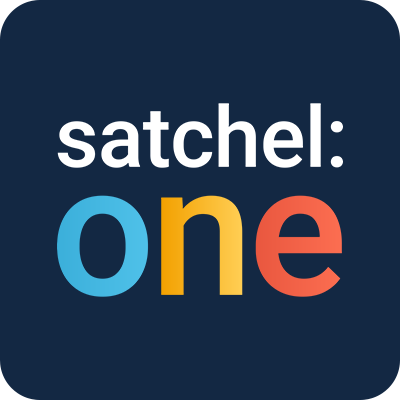University and Apprenticeships
Applying for University or an Apprenticeship
All students applying for university need to write a personal statement. It is useful for any student applying for an apprenticeship to write one too, as the questions that will be asked on an application form or in an interview will be very similar. The format for personal statements has changed, so if you are looking at examples online, make sure they are relevant for your year of entry into university.
The most important tip to remember is that you should not just list what you have done but be specific about what you have learned and what it led you to think about or plan to do in the future.
Follow these steps for a brilliant personal statement:
- Make a list of all the things you would want an admissions tutor to know. This could be anything from academic success to sporting achievement to any obstacles you have overcome. These points will be the basis of your personal statement.
- Prepare your answer to Question 1. Why do you want to study this course or subject? This is your chance to share your ‘lightbulb moment’. Try to focus on one specific reason why the field of study or career interests you. This should be personal to you.
‘From transport and housing to energy and water systems, civil engineering has been the heart of innovation within our society. However, adapting to the long-term impact of climate change is a crucial problem engineers are yet to solve. Seeing how vulnerable the structural integrity of buildings are in my home country, Philippines, and how devastating the effects of earthquakes and typhoons are, I was inspired to pursue a degree in Civil Engineering. I aspire to investigate more methods to enhance the resilience of infrastructures to adapt to the rapidly changing environment. Engineering will enable me to accomplish this by incorporating fundamental theory into complex real-life situations.’
- Prepare your answer to Question 2. How have your qualifications or studies prepared you for this course or subject? This question does not want you just to talk about your A Levels. This is asking you to outline what you have learned from engaging with super-curricular activities and how you could develop this knowledge or experience in your future studies or career.
‘Attending a lecture at Oxford University made me realise that civil engineering encompasses more than construction; it is a broad spectrum with each area interconnecting with another. I am intrigued by the application of mathematics and physics to creatively approach real-life problems in the world. This lecture established that my true ambitions lie in structural engineering. My question of how structures are able to be secure in extreme conditions is one that I am determined to answer. Through my curiosity combined with my strong desire to better our society, I believe I have the drive to solve the environmental challenges faced by engineering.’
- Prepare your answer to Question 3. What else have you done to prepare outside of education, and why are these experiences useful? You can give more information here about the super-curricular activities you have engaged in, or you can refer to work experience, volunteering or any other experiences that are relevant.
'Participating in a 6-month Empowered Females in STEM Programme, I gained the confidence to network with members from global STEM companies. Through the Sustainable Dyson project, we were tasked to design a product that will solve air pollution. I developed project management and organisation skills and took on the role of team leader. Trying to get a group of people to agree and work together was a challenge but I could see that this was key to the success of the project.
Within school, I mentor Year 11 students in Mathematics on a weekly basis, providing extra assistance in their weak areas. This experience has taught me how to break down concepts so they are easy to understand. I can see how this relates to messaging around climate change and sustainability. Making people understand the importance of change through engineering will be key to improving the quality of life for people around the world.'
Russell Group Universities
The Russell Group’s 24 members are world-class, research-intensive universities. Through world-class research and education they are helping to create a dynamic economy, stronger communities and a better future for the UK. They maintain the very best research, outstanding teaching and learning experience and unrivalled links with local and national business and the public sector. Russell Group universities have huge social, economic and cultural impacts locally, across the UK and around the globe.
Destinations Presentation - UCAS and Apprenticeships





